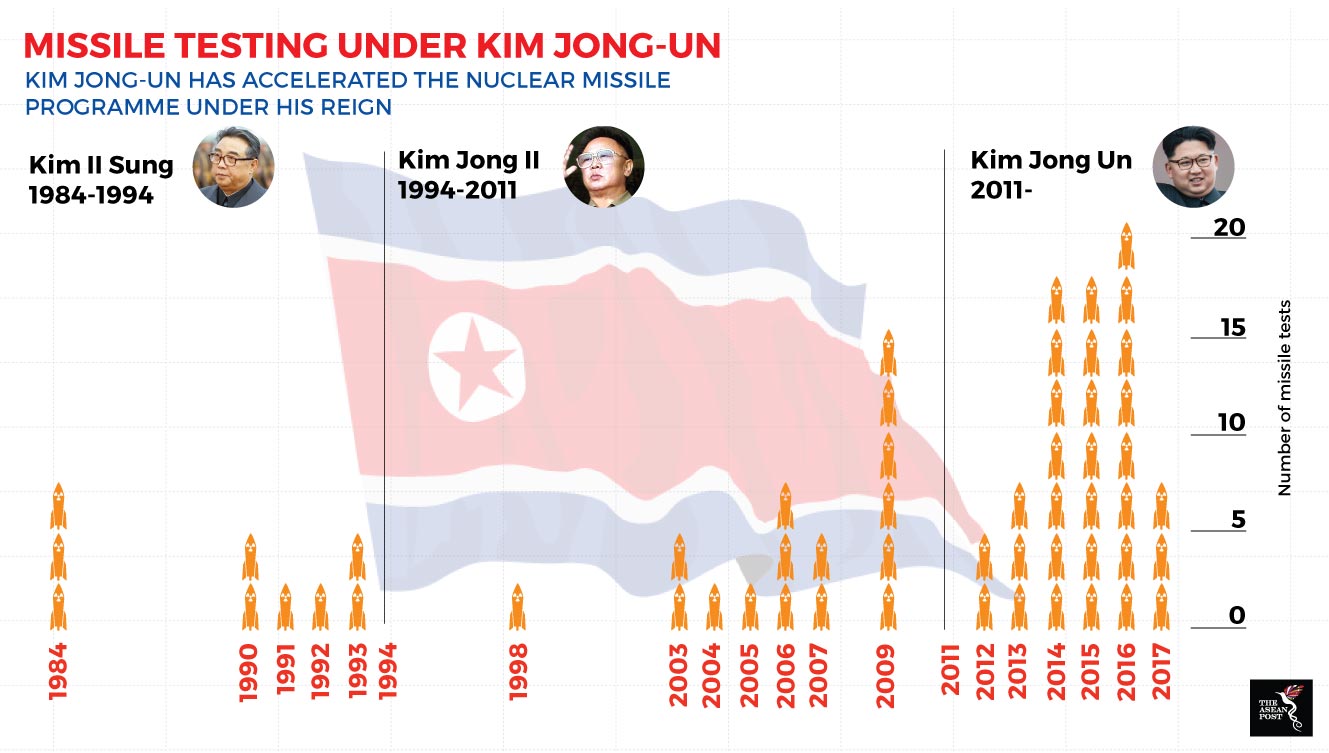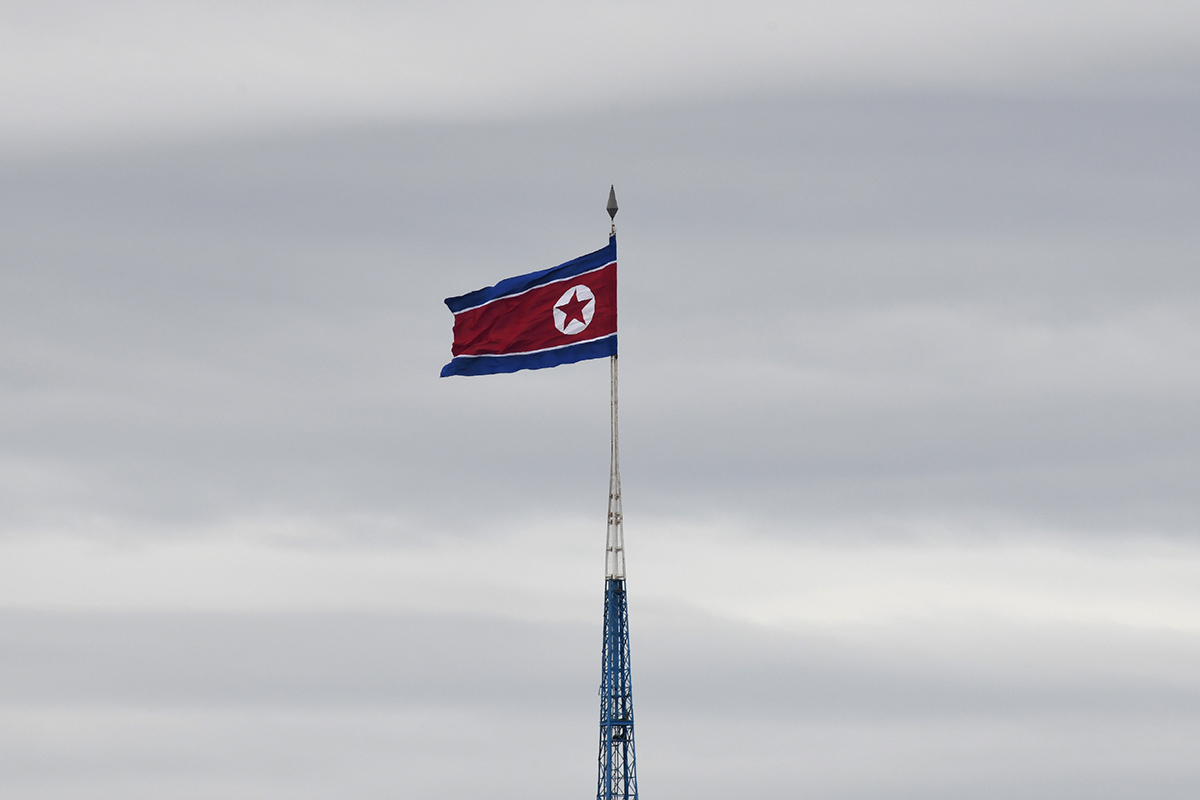This past weekend, Kim Jong-un made the surprising announcement that he would suspend nuclear missile tests with immediate effect. He also declared that he will shut down the site where the previous nuclear tests were conducted.
The announcement was made through the Democratic People’s Republic of Korea’s (DPRK) national news agency, Korean Central News Agency (KCNA).
“As the weaponisation of nuclear weapons has been verified, it is not necessary for us to conduct any more nuclear tests or test launches of mid and long-range missiles or ICBMs,” Kim jong-un said as quoted by KCNA.
This decision has been welcomed by most leaders, especially United States (US) president Donald Trump who is slated to have a historic meeting with Kim Jong-un sometime in the near future.
“This is very good news for North Korea and the World – big progress!”, tweeted Donald Trump.
Kim Jong-un’s announcement comes at a crucial time, just a week before his meeting with South Korean leader, Moon Jae-in. The summit between the two leaders will be a milestone in Korean history, as it will be the first time a supreme leader from Pyongyang will cross the demilitarized zone (DMZ). This meeting will come before another unprecedented meeting between Donald Trump and Kim Jong-un.
On the agenda for the summit will definitely be talks of denuclearisation. South Korean leader Moon Jae-in saw the suspension of nuclear tests as “… a significant decision towards total denuclearisation of the Korean peninsula”. Another desired outcome of the summit is a peace deal which would end the Korean War. Technically, the US and South Korea are still at war with the DPRK. The war which began in 1950 was only halted by an armistice instead of a peace treaty.

Source: Bloomberg
However, any talks of a peace treaty between the three countries has to start with denuclearisation first. Missile testing under Kim Jong-un’s reign has accelerated compared to the nuclear tests carried out by his predecessors, Kim Jong Il and Kim Il Sung. Last year, the DPRK tested out an intercontinental ballistic missile capable of reaching the US.
Some have pointed out that Kim Jong -un’s acceleration of the country’s nuclear programme is merely a tactical maneuver to bring the US to the negotiating table. With the show of its nuclear strength, Kim Jong-un will also have some leverage over the US in the planned discussions. It also seems like Kim Jong-un’s tactic has payed off, since Trump has made an announcement that he is willing to meet with Kim Jong-un for talks.
Kim Jong-un’s suspension of nuclear tests is probably done to show that North Korea is willing to compromise its nuclear programme over concessions. Furthermore, Kim Jong-un mentioned that the country will be focused on its economic development. Reading between the lines, Kim Jong-un is probably hinting for an end to sanctions against the DPRK. Sanctions have further isolated the DPRK from the global economy and has hit the country hard. According to the Financial Times, the country could soon face a balance of payments crisis.
However, even with the easing of sanctions, the possibility of the DPRK completely dismantling its nuclear arsenal is doubtful. Historically, negotiations over denuclearisation of the DPRK has always begun with the DPRK demanding for the removal of US troops in the Korean peninsula, which is something the US is unlikely to agree to.
Any real hopes of actual denuclearisation in the DPRK has to begin with assuring them that the safety of North Korea is guaranteed. Ever since the Korean war, the hermit state has been faced with sanctions and threats of aggression. Maybe the removal of all US troops is too big of a demand, but the US could ensure its safety, so that North Korea won’t see the need to store any nuclear weapons. As previous tactics of aggression have not worked, it is no surprise then that the DPRK is willing to halt missile testing once a diplomatic approach of meetings and summits are offered to them.
The DPRK’s suspension of missile testing shouldn’t be seen as a concession as Kim Jong-un still shows no intention of denuclearisation. However, this move, especially with the two summits coming up soon should be seen as foundational to building a nuclear free Korea.
